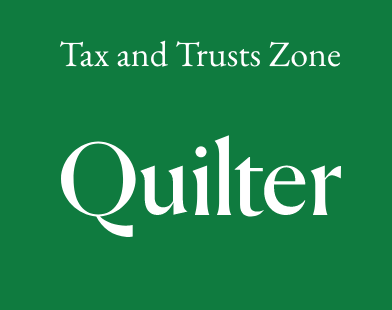Latest data indicates a slowing pace of economic growth and a broad-based easing of price pressures. Fidelity’s Henk-Jan Rikkerink, Global Head of Solutions & Multi Asset and his team analyse the recent market volatility and discuss their asset allocation views against this backdrop.
Recent market volatility has intensified following softer US economic data, particularly the weaker non-farm payroll report last Friday. The downturn in US data has heightened market concerns about a potential recession, with rate cut probabilities rising significantly. Markets are now pricing in a 50bps cut in September and around 120bps for the year. Increased speculation about potential emergency cuts has emerged in response to the sharp equity sell-off seen recently.
This turbulence follows a hawkish Bank of Japan which increased rates by 25bps in stark contrast to dovishness elsewhere around the globe. Consequently, the interest rate differential between the US and Japan narrowed significantly, pushing USD/JPY lower. This triggered a swift exit from highly leveraged carry trades, with investors liquidating higher-yielding assets to buy back yen. While some degree of carry unwind was anticipated due to the Fed’s recent dovish comments, the rapid pace certainly came as a surprise.
Despite these developments, the data so far indicates growth moderation rather than an immediate recession. We have recently increased our recession probability to 30%, yet we still foresee a soft landing as the primary scenario. We believe the market reaction is more knee-jerk and primarily driven by technical factors rather than data flow.
We therefore expect the Fed to start cutting rates in September and if volatility continues, to affirm their readiness to act if market turmoil impacts liquidity conditions and monetary policy outlook. Yellen could also influence conditions via the Treasury.
This all points to a higher volatility environment looking forward than the past 12 months but still one in which you are rewarded to take risk in the right areas. Beyond 2024, the economic trajectory will depend on the US election outcomes and subsequent policy changes.
Our core view remains risk on with a preference for equity, albeit we are actively managing it through volatility and weaker seasonal periods. We are taking risk selectively looking to take advantage of dislocations in markets, for example our preferences for mid-cap stocks and southern European equity. We are also looking for areas to take profits in order to keep some powder dry, such as our exposure to duration. Our models were already showing signs of moderation and the team are monitoring the signals and data prints closely, to see if this is indeed a soft patch or has the potential to develop into something more.
Read more Fidelity perspectives here>
Important information
This information is for investment professionals only and should not be relied upon by private investors. Past performance is not a reliable indicator of future returns. Investors should note that the views expressed may no longer be current and may have already been acted upon. Changes in currency exchange rates may affect the value of investments in overseas markets. Investments in emerging markets can be more volatile than in other more developed markets. The value of bonds is influenced by movements in interest rates and bond yields. If interest rates and so bond yields rise, bond prices tend to fall, and vice versa. The price of bonds with a longer lifetime until maturity is generally more sensitive to interest rate movements than those with a shorter lifetime to maturity. The risk of default is based on the issuers ability to make interest payments and to repay the loan at maturity. Default risk may therefore vary between government issuers as well as between different corporate issuers. Due to the greater possibility of default, an investment in a corporate bond is generally less secure than an investment in government bonds. Issued by FIL Pensions Management, authorised and regulated by the Financial Conduct Authority and Financial Administration Services Limited, authorised and regulated by the Financial Conduct Authority. Fidelity International, the Fidelity International logo and F symbol are trademarks of FIL Limited.







































